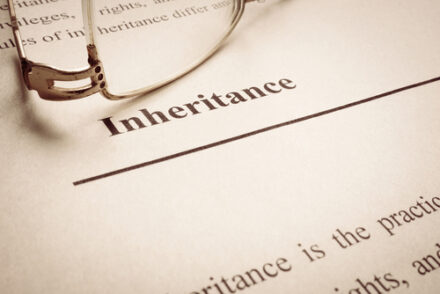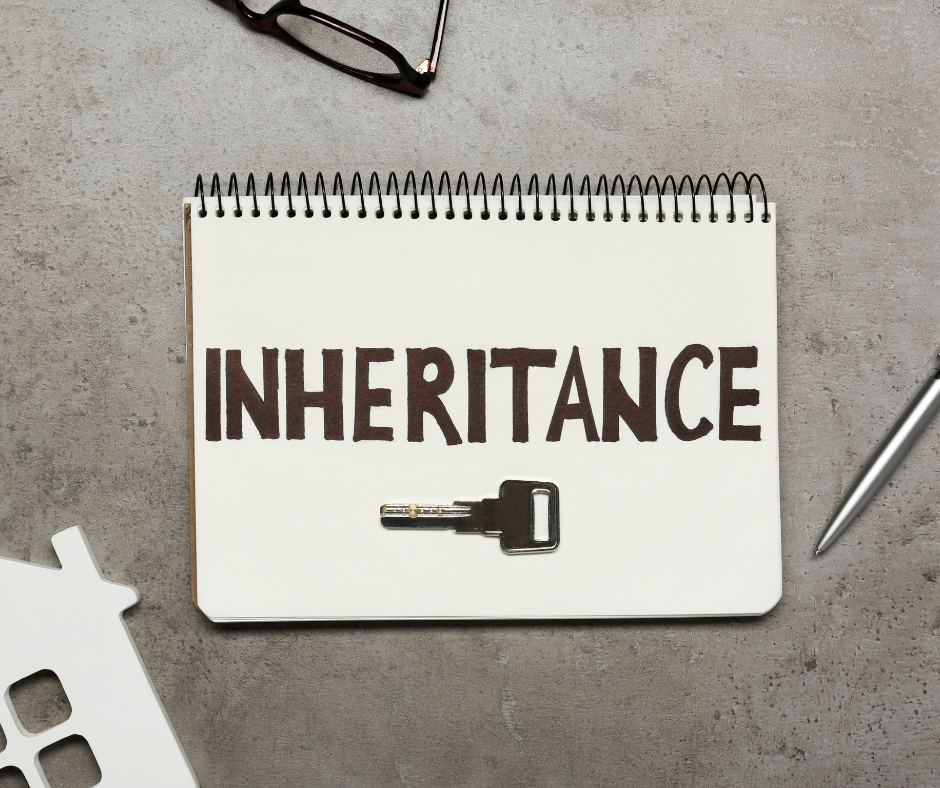
The 5 most common causes of Wills disputes
28th March 2024 by Rob Kelly
Over recent years, the courts have reported an increase in cases brought after a dispute has arisen over a Will. We look at some of the most common causes of Wills disputes.
Wills disputes can be very damaging, with legal costs draining an estate of funds and arguments causing lasting family rifts. The best way to avoid a Will dispute is to put a professionally drafted Will in place and, where possible, to talk through what you want to happen to your estate with your loved ones.
Official figures show a rise in court action related to Wills. Some of the most common reasons are:
The Will has not been correctly executed
It is essential that Wills are properly executed, or they are likely to be invalid. The person making the Will, known as the testator, must sign and two witnesses must also sign to confirm that they have seen the testator’s signature.
The witnesses do not need to read the contents, but they must be aware that it is the testator’s Will. They need to sign together in each other’s presence and in the presence of the testator and add their names, addresses and occupations.
Nothing should be added or attached to the Will and no additional writing made on it.
The Will is ambiguous
If a Will has been poorly drafted and it is unclear or ambiguous, there is increased scope for a disagreement to arise. Family members may have different opinions as to what the testator wanted to happen, and the situation can degenerate quickly at a time when emotions are likely to be heightened.
The testator did not know and approve the Will or did not have the mental capacity to make it
If the testator did not understand what they were signing or they were not fully aware of the contents of their Will or the extent of their assets, then it can be challenged . To make a valid Will, someone must:
- Understand what a Will is and the effect of it .
- Understand the extent of their estate.
- Be capable of considering claims that they ought to have regard to
- Not have a disorder of the mind that disrupts their sense of what is right or stops them from exercising their understanding in making a Will.
If there is likely to be any question over someone’s mental capacity when making a Will, then a medical professional can speak with the testator before they sign to assess their understanding and certify that they are able to make a valid Will.
The person making the Will was unduly influenced by someone
A testator should not be unduly influenced by someone into making a Will in their favour. If undue influence can be proved, with the court satisfied that the testator would not have made the Will in the terms they did but for the undue influence, then a Will is invalid. In deciding when someone has been unduly influenced, the court will look at issues such as the relationship the testator had with the individual accused of influencing them, any evidence of pressuring or bullying and any suspicious activity relating to the making of the Will.
Disappointed beneficiaries
If someone is left out of the Will, they may decide to make a claim against the estate under the Inheritance (Provision for Family and Dependants) Act 1975. Known as an Inheritance Act claim, this type of case can be brought by:
- The deceased’s spouse or civil partner, provided they have not remarried or entered into another civil partnership.
- A child of the deceased
- Anyone the deceased treated as a child of the family.
- A cohabitee of the deceased who lived with them in a relationship for at least two years immediately prior to their death.
- Anyone whom the deceased supported financially immediately before their death.
A legal claim can be made for reasonable financial provision for their maintenance or, in the case of a spouse or civil partner, financial provision that it would be reasonable to provide in the circumstances.
Avoiding Wills disputes
The executors of a Will have a duty to protect the estate for the deceased’s beneficiaries. This means that they are bound to defend legal action. This can be expensive for the estate, leaving less money for the beneficiaries.
Having your Will prepared up by an experienced lawyer means that your executors have the best possible chance of avoiding a court case. The lawyer will be able to identify any potential issues and take steps to avoid misunderstandings and disagreements in the future.
Contact us
If you would like more information about Wills please call the private client team on 01202 377984 or email a.lloyd@laceyssolicitors.co.uk. If you would like to discuss a contentious Will you can contact Rob in our Dispute Resolution team on 01202 377871 or email r.kelly@laceyssolicitors.co.uk.



